Conference organized by Croatian Ministry of Defence and Jutarnji list
"New trends ask us to be quicker, better and readier than those who pose a threat to us. We are continuing to build the homeland security system from day to day and this synergy which connects all components of this state is evidently giving results," said government vice president and Minister of Defence Damir Krstičević on international conference “Homeland Security and crisis management” organized by Croatian Ministry of Defence and Jutarnji list. More on jutarnji.hr. "We must think outside the box, encourage critical and creative thinking, and consider various scenarios. Croatia is a safe country today, which is recognised by millions of citizens of the European Union and other countries who visit Croatia as tourists and in other ways," Krstičević said.

Interior Minister Davor Božinović said Croatia's security infrastructure became more vulnerable with the appearance of new threats and that the 2015 migrant crisis marked a watershed which prompted the adoption of a new security strategy in 2017. He said a new civil protection bill would soon be put to public consultation, and recalled that firefighting and civil protection units were equipped thanks to EU funds. He said a critical infrastructure bill was being prepared, and that the recent signing of three agreements with Israel opened a new chapter for Croatia's cybersecurity.

"We have achieved a lot but there is still plenty of work ahead, and this work will never end because the nature of the threats we face will always change”, said President Kolinda Grabar-Kitarović. "We must not allow a lack of information or the availability of wrong information to create public opinion, and the media play an important part in this. Don't allow hybrid activity which comes from other states because it creates destabilisation, demoralisation. It also affects demographic trends, which are one of the key components of homeland security. We too must start thinking of a cybernetic centre. There are so many aspects that need upgrading. A good system is the best prevention”, said President.

Timothy Bevis, the Director of Operations and Planning Division of NATO's International Military Staff (IMS) assessed that in an era of global security challenges, the most important thing is to recognise the problem on time and that it needs to lean on well-organised crisis management. Developing a system of security has been to be founded on all available management capacities to manage homeland security systems on a national basis and one of the most significant aspects of that is timely information of an event, Bevis said.
Supreme Court against banks in case of loans in the Swiss franc
The Croatian Supreme Court has ruled that banks have breached the collective interests and rights of holders of loans originally pegged to the Swiss franc. Court spokesman Željko Pajalić said that the court's ruling contained the conclusion that "in the period specified the banks breached the collective interests and rights of consumers-loan holders by concluding loan contracts containing unfair and invalid contractual regulations under which the loan principal was tied to the Swiss franc (currency clause), without negotiating the matter with individual loan holders." More on novac.hr. Banks will consider further legal options available to them in Croatia and at the European level, the Croatian Banking Association (HUB) and Erste Bank announced. Finance Minister Zdravko Marić did not wish to comment on the Supreme Court's decision: “I haven't had a chance to read the ruling but only saw the headlines so I can't comment”.
EU investing in world-class health research for children
The EU is investing more than €48 million from the European Regional Development Fund to extend the Children's Hospital on Srebrnjak in Zagreb. The project involves the construction of a 15,000-m2 facility and the purchase of research and medical equipment, in order to transform the hospital into a clinical research centre where new medicines can be developed and used. Once completed in February 2022, the hospital will focus on treating common and chronic diseases in children and adolescents. The aim of the project is also to retain talented medical researchers and practitioners in Croatia, with an expected increase in hospital staff by 67%. The centre’s work will cover medical fields such as asthma, allergies, rheumatology, cardiology, paediatric surgery, sports medicine, rehabilitation and clinical trials. Finally, the new facility will have an eco-friendly design, with reduced waste and water consumption.
Serbian entrepreneur is shadow buyer of Kraš shares
Nebojša Šaranović, one of Serbia's most renowned entrepreneurs, owner of the Cypriot group Kappa Star Limited, and best known in the region for Jaffa biscuits, is reportedly a mysterious buyer of Kraš shares hiding behind the custody account of RBA Austria Bank. As we wrote, the meat processing industry Braća Pivac is trying to acquire Kraš, one of the biggest Croatian companies. And this take over, as we learned, is friendly. But, the mysterious buyer made this business operation one of the most interesting in recent Croatian history. Economic analysts of novac.hr, Frenki Laušić, wrote: “It is hard to grasp Šaranović’s economic rationale if it is known that Braća Pivac and Kraš were sending messages that they do not want to sell their joint 51 per cent of the voting shares.
Rich Serbian wants to buy hotel Esplanade
Miroslav Mišković, the owner of the Delta Holding company, has repeatedly announced that they plan to invest in Zagreb in the construction of a brand new hotel or the acquisition of the Esplanade Hotel. Mišković is one of the richest people in Serbia, he was a minister in one of the governments in the time of Slobodan Milošević. In 2012 he was detained because of suspicion of corruption. In 2016 he was acquitted by the Belgrade High Court. Delta is already present on the Croatian market, with a company that markets agricultural products. More on novac.hr.






Komentari
0